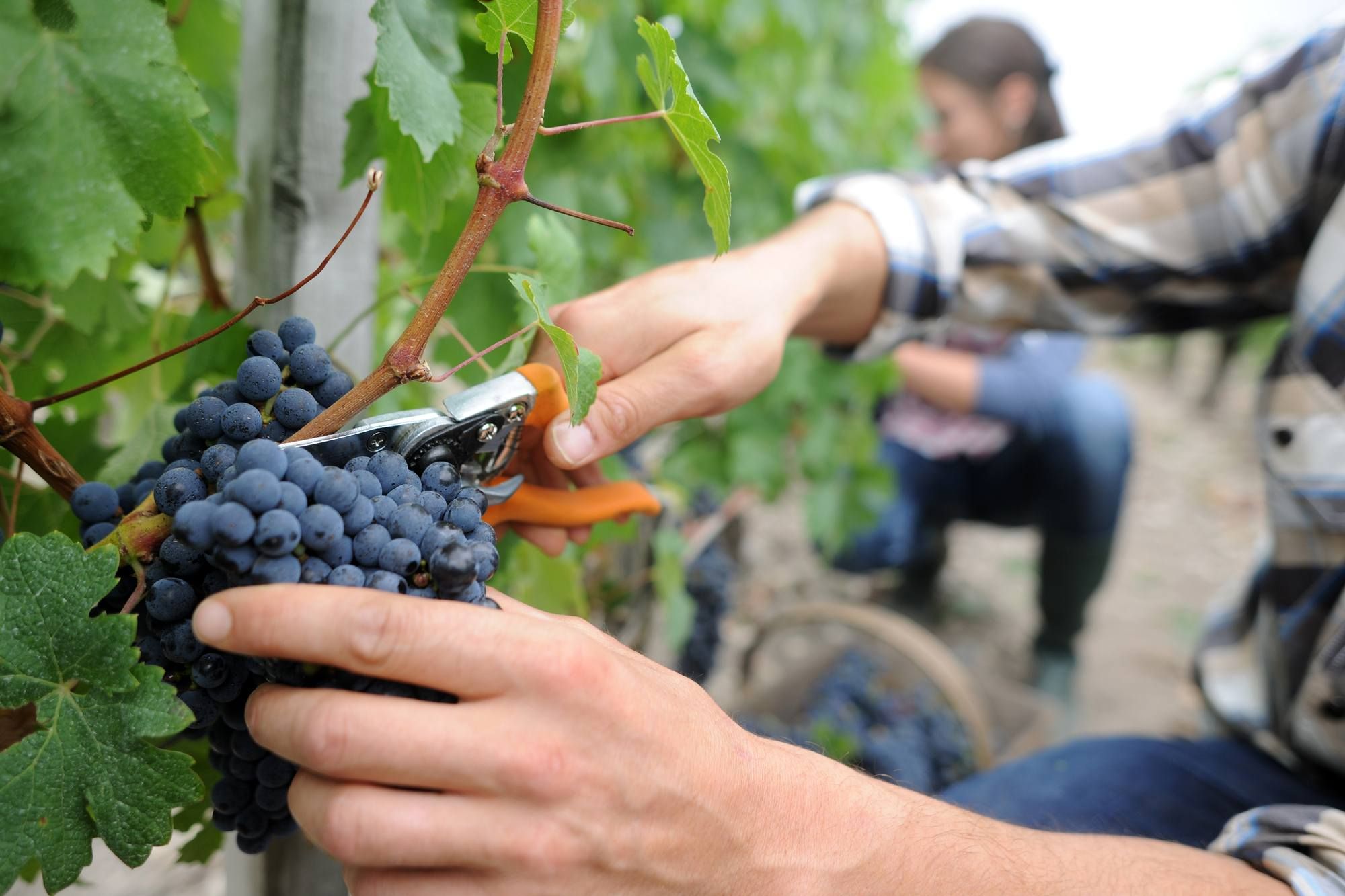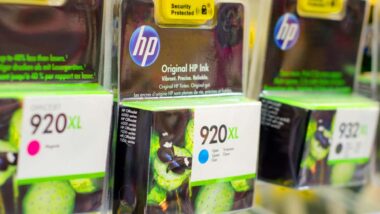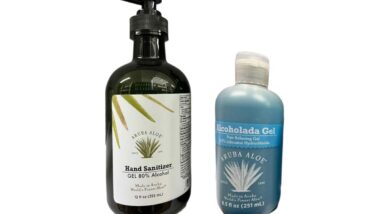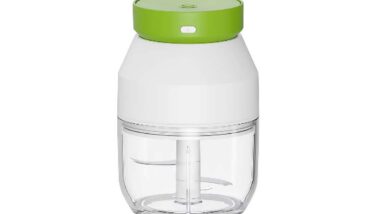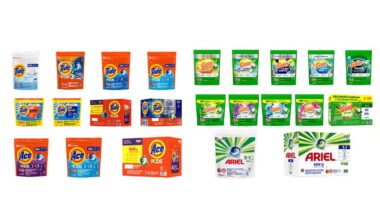Top Class Actions’s website and social media posts use affiliate links. If you make a purchase using such links, we may receive a commission, but it will not result in any additional charges to you. Please review our Affiliate Link Disclosure for more information.
Because of the risk of Roundup cancer, France has become the latest European country to restrict the use of glyphosate herbicide – better known as Roundup weed killer – its officials announced Oct. 9.
The French Agency for Food, Environmental and Occupational Health and Safety unveiled the restrictions as part of President Emmanuel Macron’s plan to eventually end the use of glyphosate herbicide entirely. Agency officials said the new regulations are based on two years of study into non-chemical alternatives to Roundup.
“The analysis of these studies revealed that alternatives to the use of this herbicide are already in common use and do not have any major practical or economic disadvantages. This is particularly the case with the use of mechanical weeding between rows of vines and fruit trees … With arable crops, ploughing between two annual crop cycles avoids the need for chemical weed-killers,” the agency’s announcement said. In certain circumstances though, “no commonly used alternative can meet the needs of professionals in the short term without a substantial change in practices, which would have a major impact on agricultural activity.”
Closer Look at New Glyphosate Herbicide Regulations
The new restrictions apply to the four major categories of agriculture in France – viticulture, fruit trees, arable crops and forestry.
In viticulture, or the growing of grapes for winemaking, glyphosate herbicide is now banned for use between rows of vines in most instances. Where possible, vineyards must either allow grass to grow between the rows or weed those areas mechanically. If mechanical weeding is impossible, either due to steep slopes, “terraced vineyards,” stony soil or the delicacy of rootstock nurseries, a limited amount of Roundup can be used on 20% of the area.
The same restrictions apply to the growing of fruit trees, but where mechanical weeding cannot be done, growers will be permitted to use a limited amount of glyphosate herbicide on 40% of the area.
Regarding the growing of arable crops, glyphosate herbicide is now banned for use when the plot has been ploughed between two crops, but will be permitted on farms that “avoid ploughing to preserve soil fertility,” a report by the news agency Reuters said. In those cases, farmers will be allowed to use Roundup, but only 40% of what was previously allowed.
In forestry settings, glyphosate herbicide will no longer be permitted for use in the killing of tree stumps, the agency said, and can only be used during the “stand establishment period” of tree growing. Nurseries and seed orchards can continue using the chemical weed killer.
According to Reuters, the new regulations will go into effect within six months for glyphosate products re-approved by the French agency, which “has withdrawn dozens of glyphosate-based weedkillers and is in the process of reviewing those still on the market.”
Glyphosate Herbicide Bans Elsewhere
In September 2019, Germany announced it would “phase out” the use of glyphosate herbicide “because it wipes out insect populations crucial for ecosystems and pollination of food crops,” according to reporting by The Guardian.
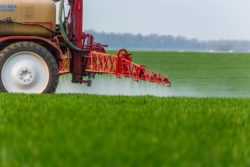
Austria, the Czech Republic, Italy and the Netherlands have also enacted bans or partial bans on glyphosate herbicides.
Roundup Lawsuits and Claims
Meanwhile, Bayer is wrapping up a settlement deal to resolve tens of thousands of lawsuits filed against it in the U.S. over health problems allegedly caused by Roundup. Bayer announced in June it would pay out some $10 billion to put the outstanding legal claims against it to rest.
The common argument made in nearly all the lawsuits is that glyphosate herbicides pose real and severe health risks and might cause cancer.
Scientific studies have been less than definitive and the evidence that has been generated has been interpreted differently by the various health and medical experts considering it. The U.S. Environmental Protection Agency, for example, has said as recently as April 2019 that glyphosate “is not likely to be carcinogenic to humans.” Meanwhile, the World Health Organization’s International Agency for Research on Cancer has held firm on the position that glyphosate is ” probably carcinogenic to humans” since 2015.
The European Union has approved the use of glyphosate herbicides through Dec. 15, 2022. According to the European Commission, the product is used in agriculture, horticulture and in some non-cultivated areas primarily to combat weeds that compete with cultivated crops or cause problems in areas such as along railroad tracks.
ATTORNEY ADVERTISING
Top Class Actions is a Proud Member of the American Bar Association
LEGAL INFORMATION IS NOT LEGAL ADVICE
Top Class Actions Legal Statement
©2008 – 2024 Top Class Actions® LLC
Various Trademarks held by their respective owners
This website is not intended for viewing or usage by European Union citizens.
Get Help – It’s Free
Join a Roundup Weed Killer Cancer Class Action Lawsuit Investigation
For the most up-to-date information on this case, click here.

